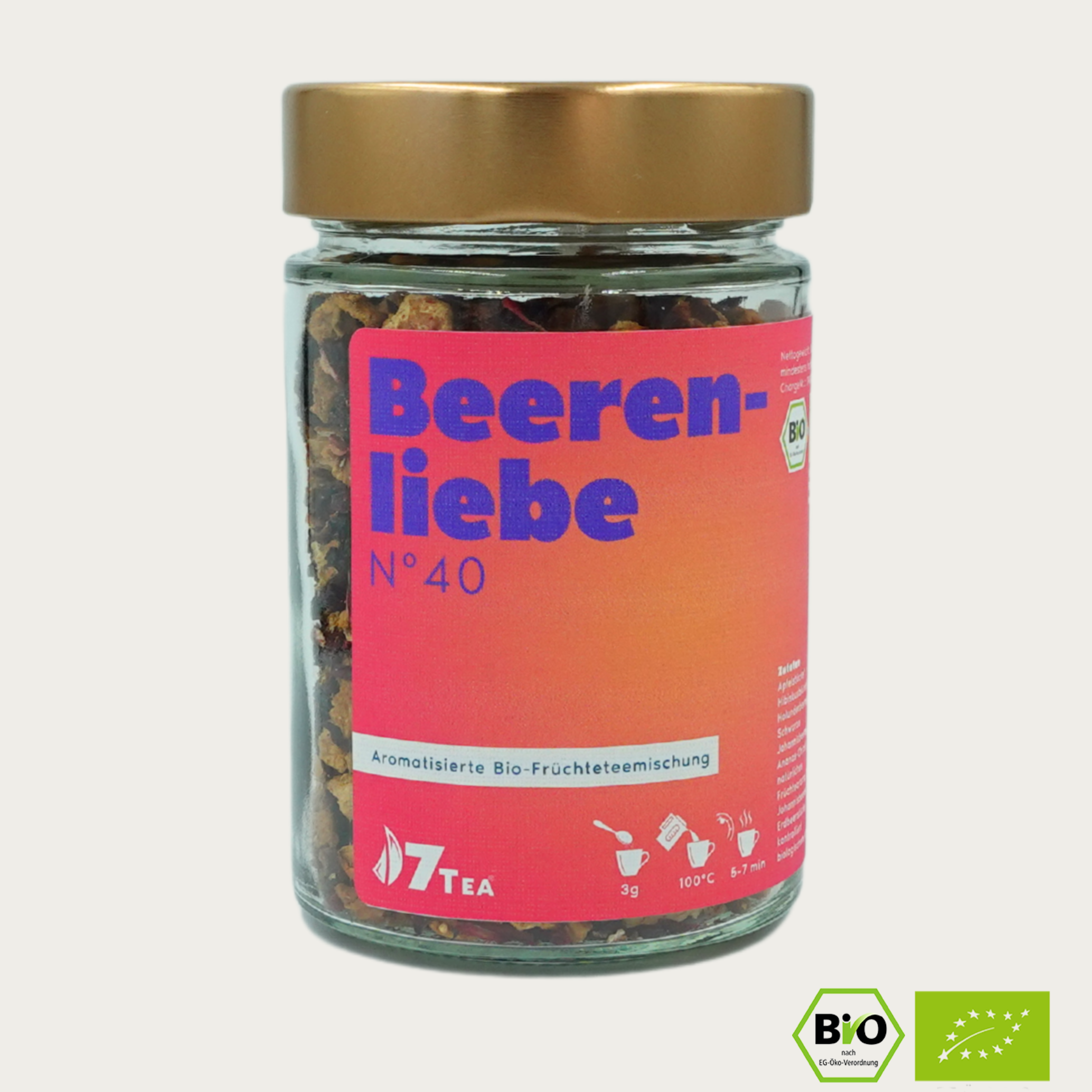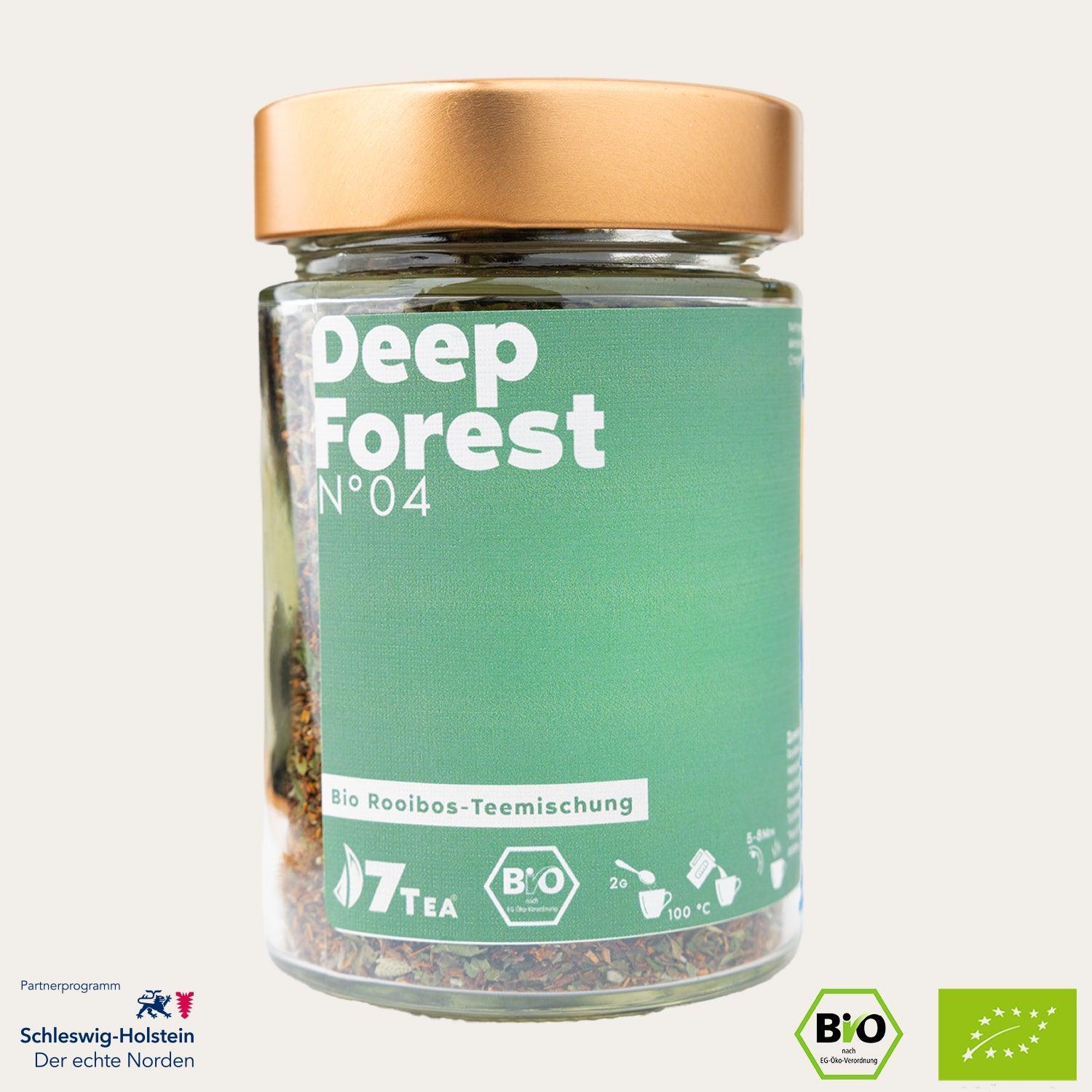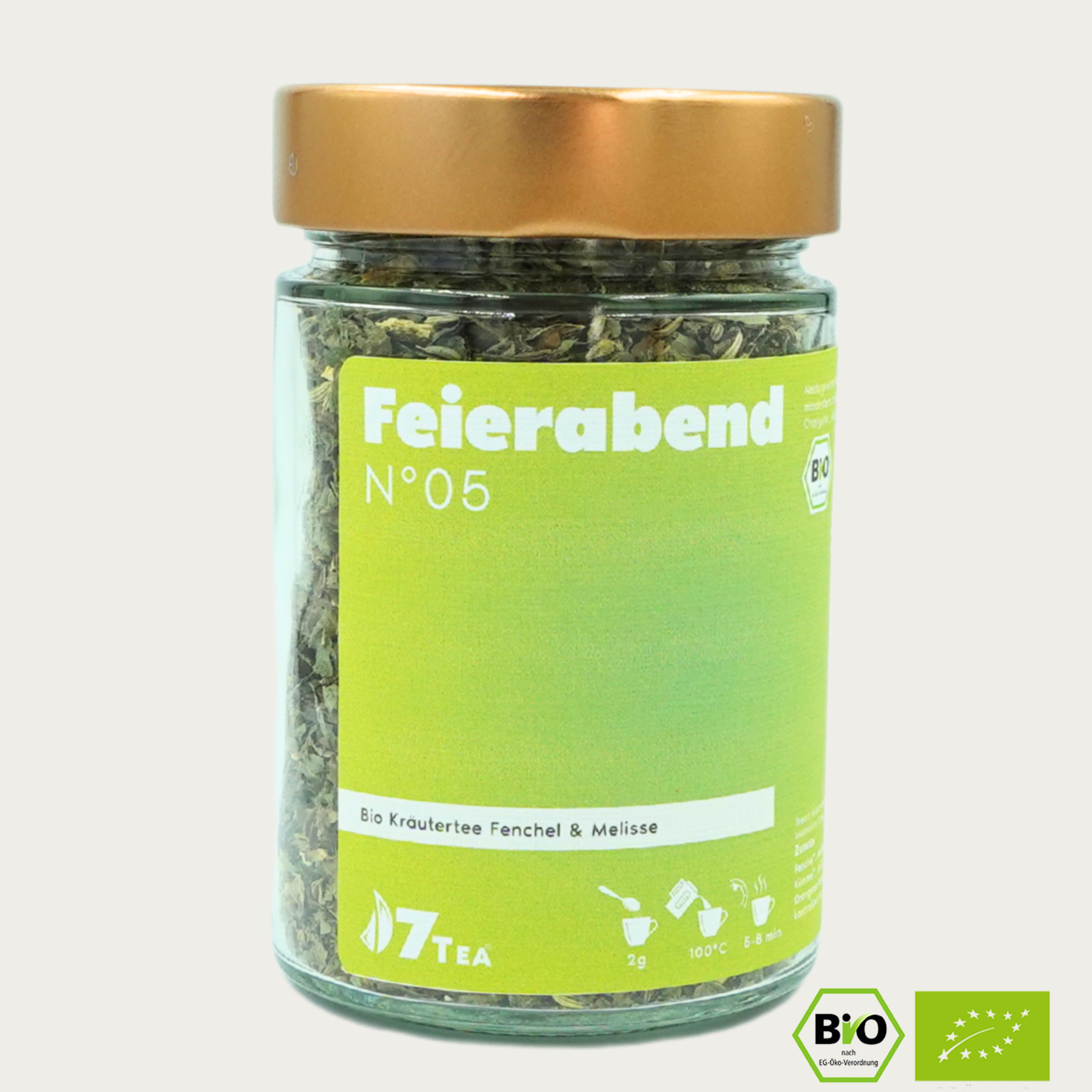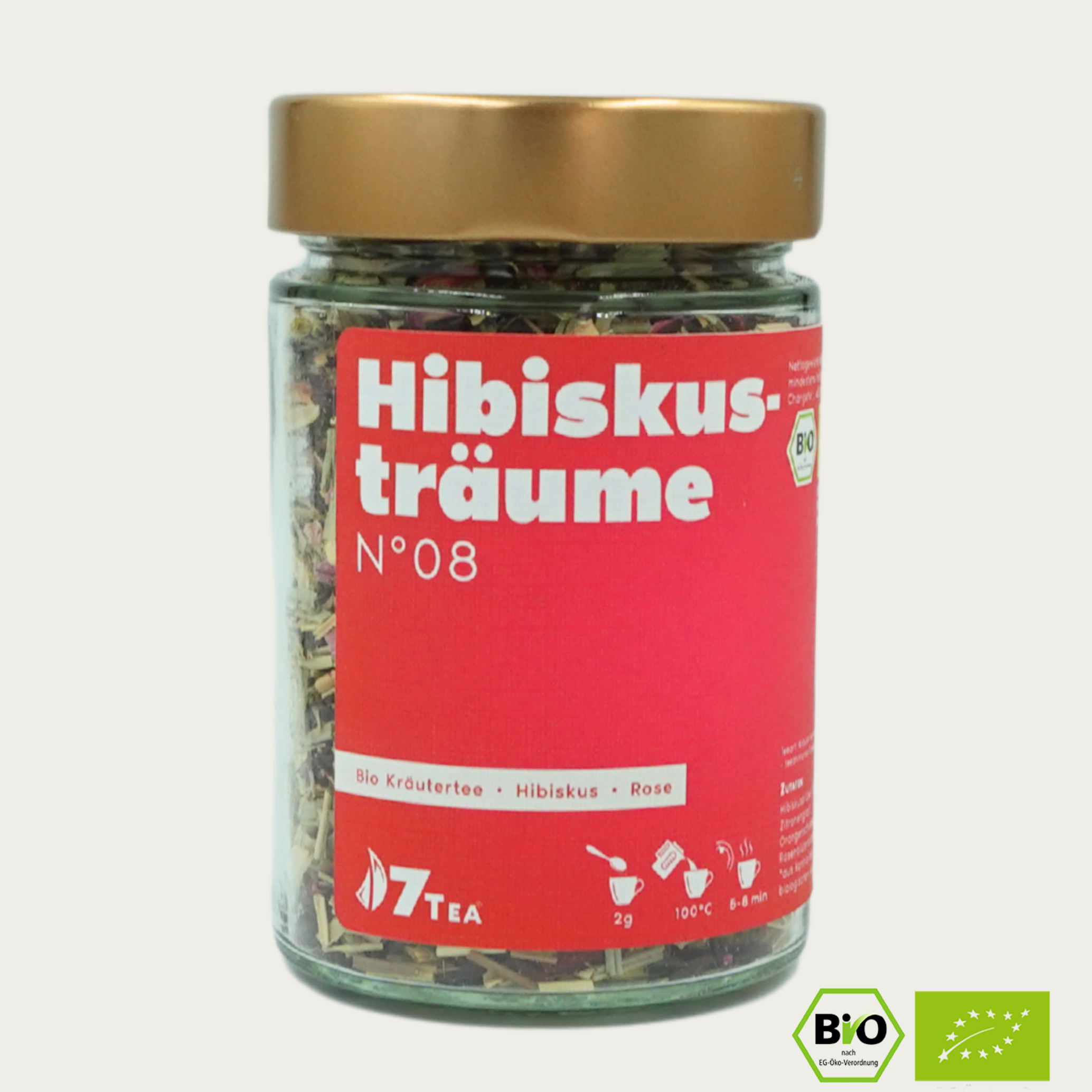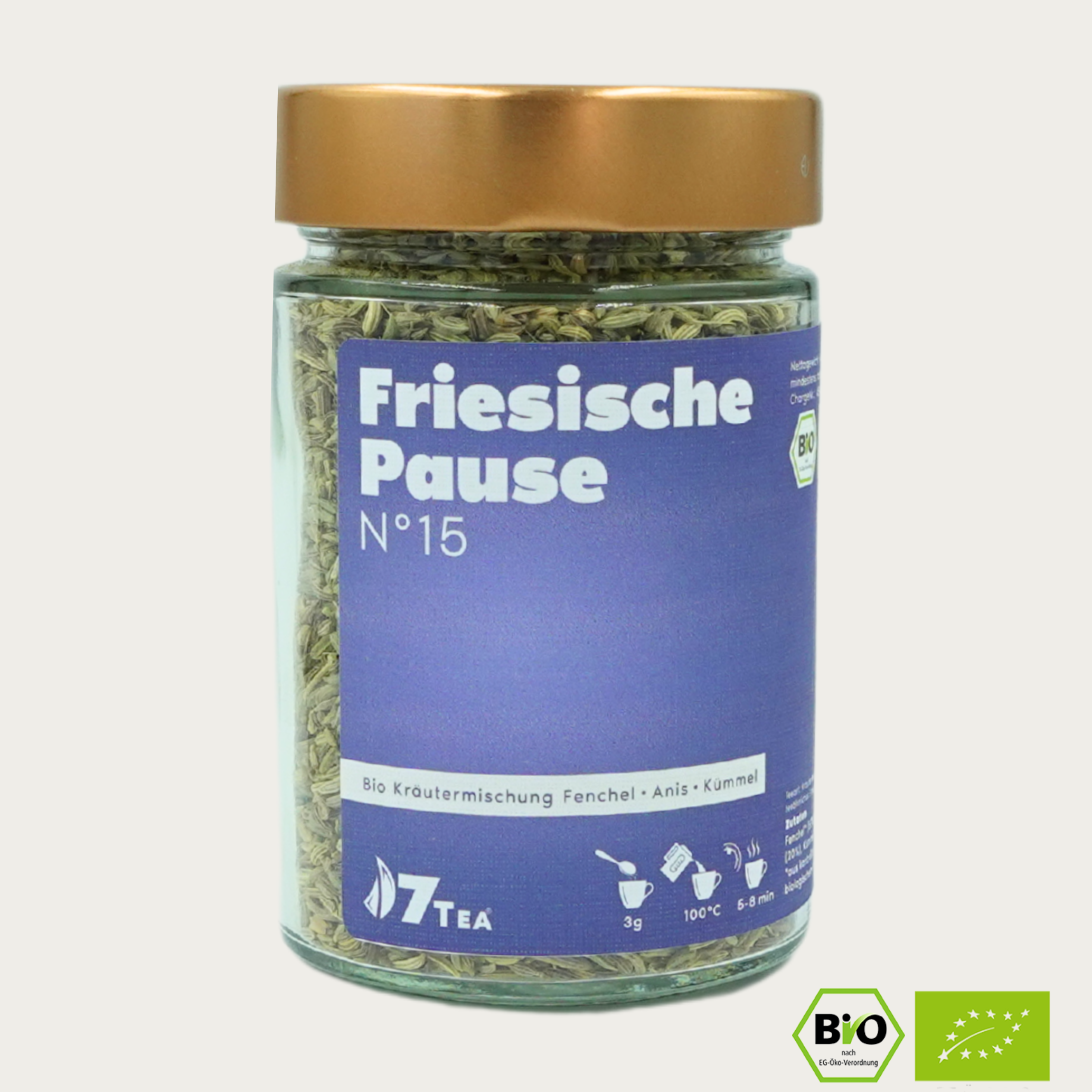The fascinating world of black tea: tradition, quality and the choice of organic
Table of contents:
- Introduction
- Origin and history of black tea
- The characteristic aroma of black tea
- Traditional preparation of black tea
- High-quality black teas
- The Importance of Organic Black Tea
- Final Thoughts
Introduction
Black tea is popular worldwide and known for its depth and complexity. This blog offers an insight into his fascinating world.
Origin and history of black tea
Black tea has its roots in China and spread to Europe in the 17th century. The fermentation of tea leaves that characterizes black tea was first developed in China and is now an essential part of its production.
The characteristic aroma of black tea
Black tea is known for its strong, often malty or floral aroma. Flavors vary depending on region, climate and processing, resulting in a wide range of flavor profiles.
Traditional preparation of black tea
The traditional preparation of black tea varies depending on the culture. In China it is often prepared gongfu style, while in India Masala Chai is popular. The preparation influences the aroma and intensity of the tea.
High-quality black teas
High-quality black teas such as Darjeeling, Assam and Ceylon are known worldwide for their quality and unique flavor profiles. These teas are characterized by their origin, processing and the quality of the tea leaves.
The Importance of Organic Black Tea
Organic black tea is grown without the use of synthetic pesticides or fertilizers, making it a healthier and more environmentally friendly option. Organic tea promotes sustainability and protects the health of consumers and workers on tea plantations.
Final Thoughts
Black tea is a drink with rich tradition and diversity. Choosing high-quality, organically grown black tea not only ensures an exquisite taste experience, but also supports sustainable practices.







